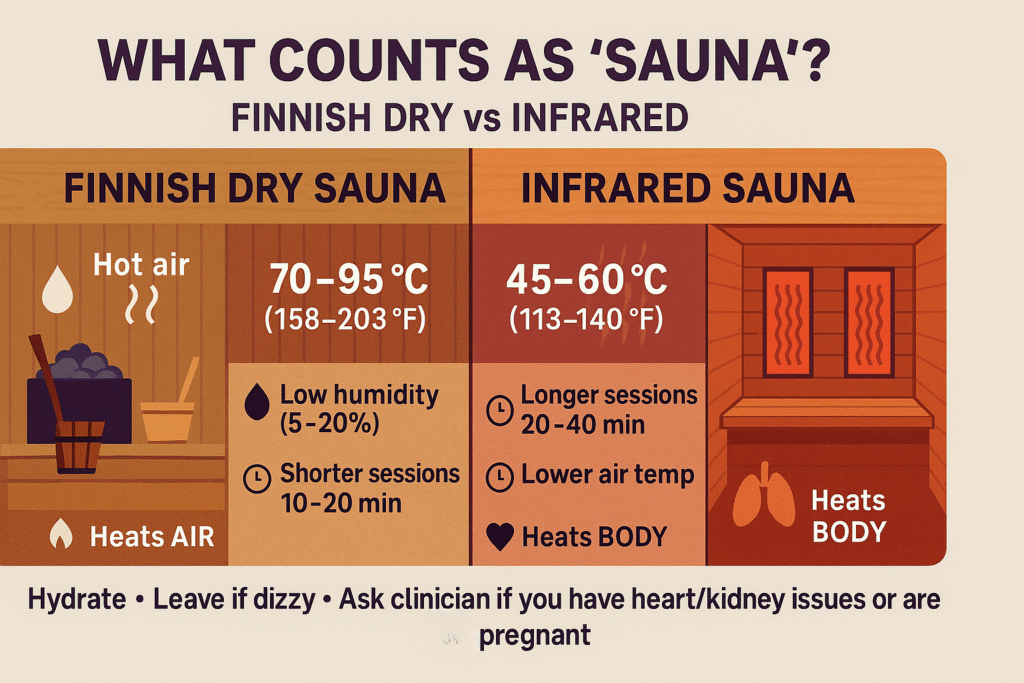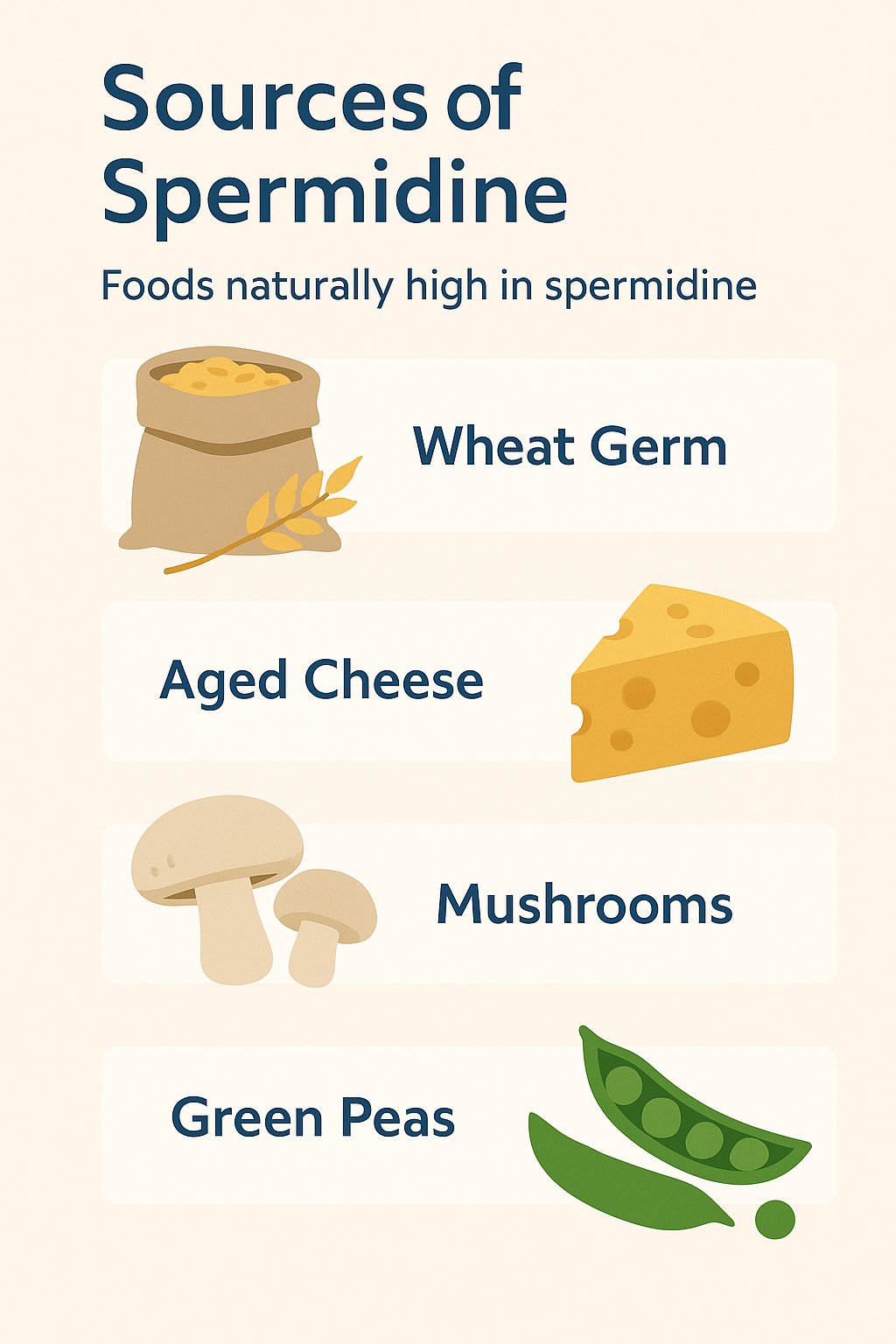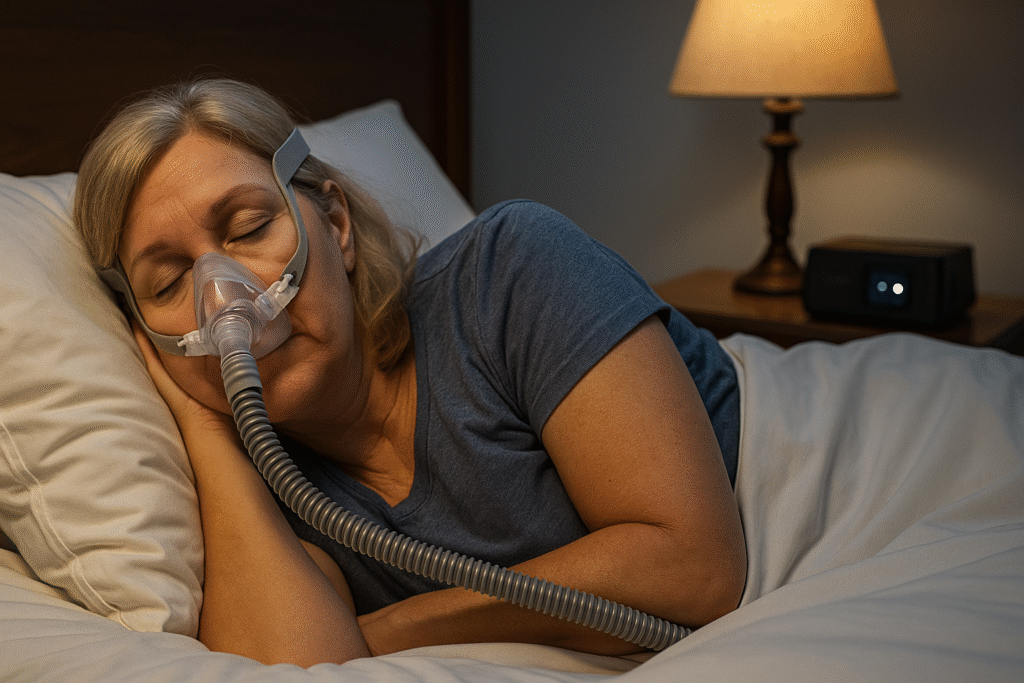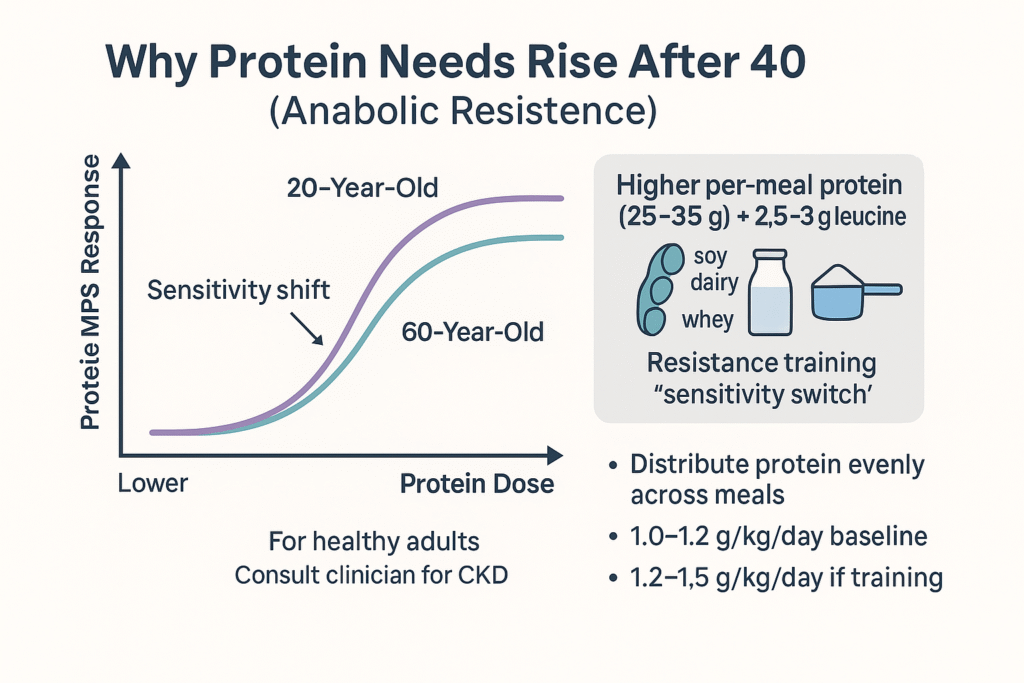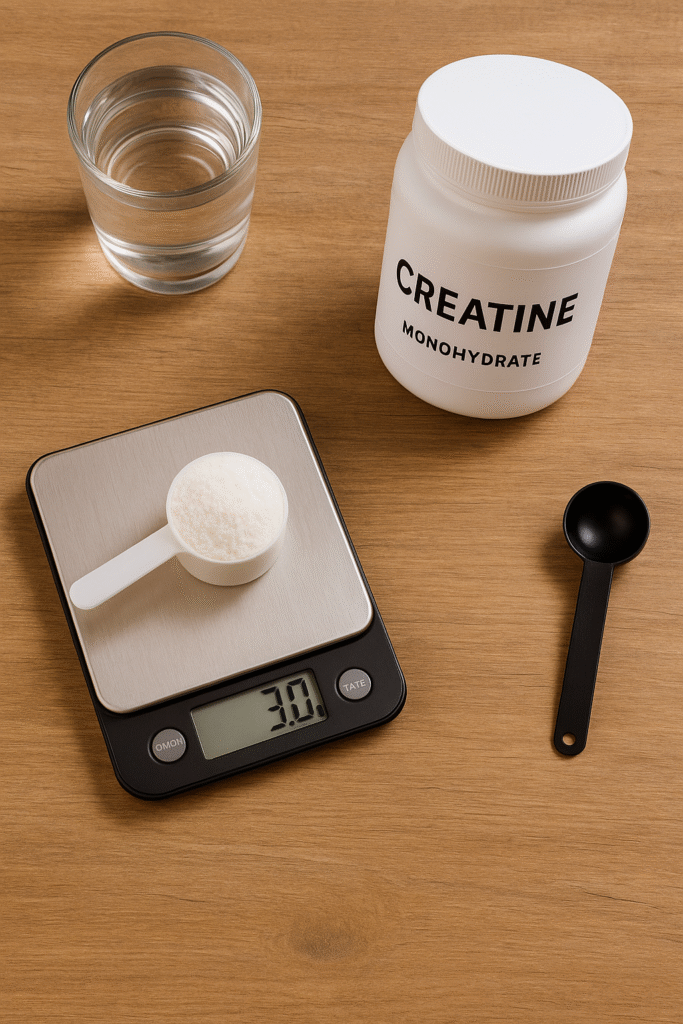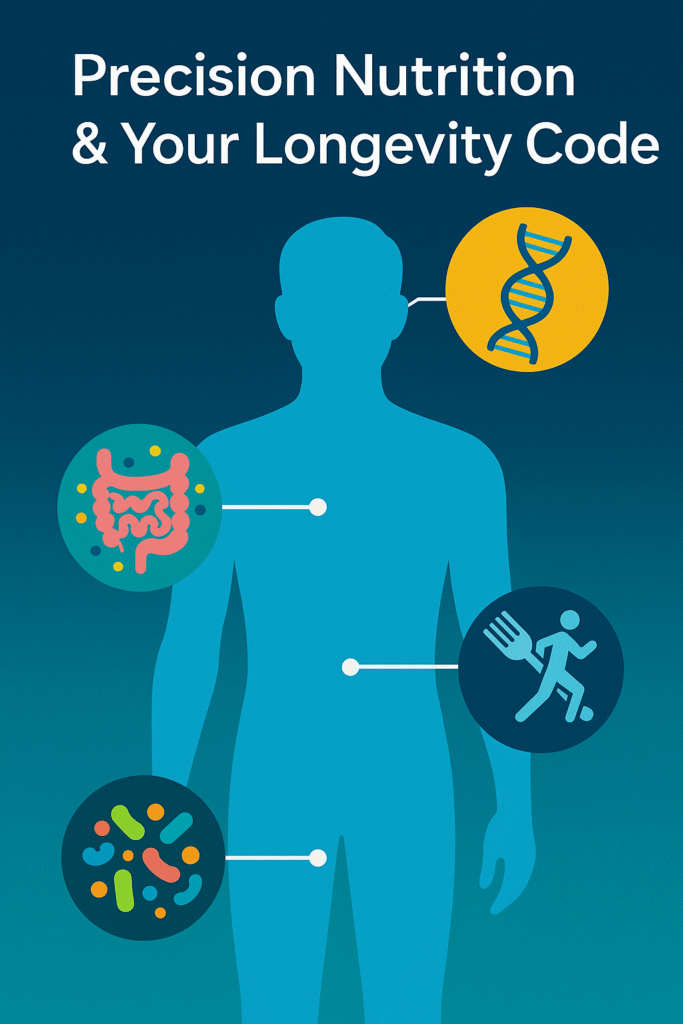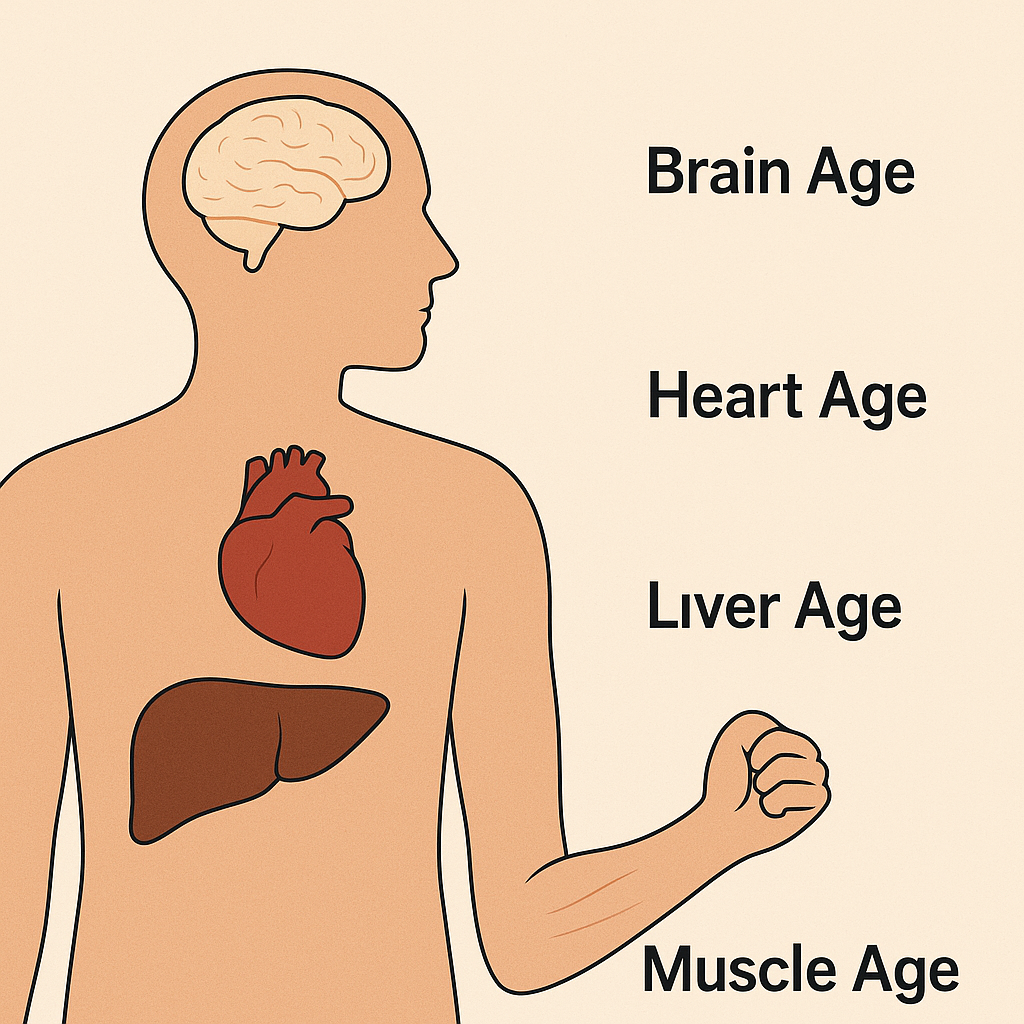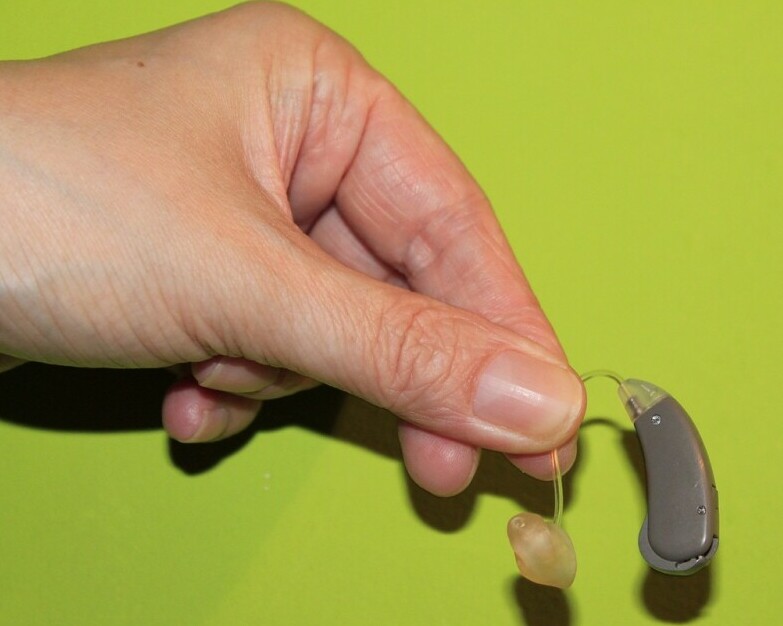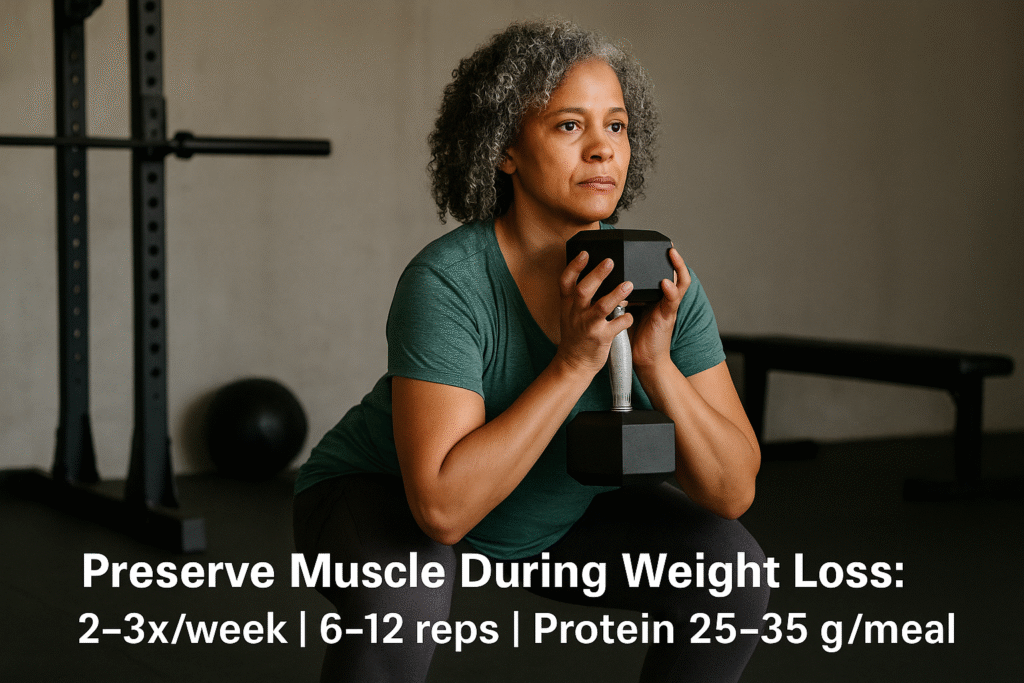Understanding Immunity in the Aging Process
Defining Immunity and Its Critical Role in Overall Health
Immunity, the body’s defense mechanism against infections and diseases, plays a crucial role in maintaining overall health. It involves a complex network of cells, tissues, and organs working in unison to protect the body from harmful pathogens. As we age, our immune system undergoes significant changes, impacting its effectiveness and response to infections and diseases.

How Aging Affects the Immune System: Common Changes and Challenges
Aging is accompanied by a gradual decline in immune function, a phenomenon known as immunosenescence. This decline results in increased susceptibility to infections, a higher incidence of autoimmune diseases, and a reduced response to vaccinations. The thymus, which produces T-cells, shrinks with age, reducing the production of new T-cells. Additionally, older individuals often exhibit a decreased production of B-cells, which play a vital role in antibody formation.
As individuals age, their immune system undergoes several more nuanced changes beyond the general decline in T-cell and B-cell production. One such change is the phenomenon of “immunological memory” decline. Over time, the immune system’s ability to remember past infections and respond effectively to them diminishes. This reduction in memory cells results in slower and less effective immune responses to previously encountered pathogens. Additionally, the aging process often leads to a state of chronic, low-grade inflammation, known as “inflammaging.” This persistent inflammatory state can contribute to the development of age-related diseases like cardiovascular disease, Alzheimer’s disease, and type 2 diabetes. Furthermore, the aging immune system becomes less capable of distinguishing between healthy cells and potentially harmful invaders, increasing the risk of autoimmune disorders where the body mistakenly attacks its own cells. Another challenge is the reduced efficacy of vaccines in the elderly, as their immune systems may not respond with the same vigor as younger individuals, necessitating revised vaccination strategies. Collectively, these changes and challenges underscore the importance of understanding and addressing the unique aspects of immune aging to enhance health and longevity in older adults.

The Importance of Addressing Immune Health in Both Men and Women as They Age
Given these changes, it is crucial to focus on maintaining and supporting immune health in aging populations. This focus is essential for both men and women, as they may experience these changes differently and have unique health challenges.
The importance of addressing immune health in both aging men and women cannot be overstated, especially when considering the varying disease susceptibilities and health outcomes they face. For instance, aging men are generally more prone to infectious diseases such as pneumonia and sepsis, partly due to a less robust immune response compared to women. This difference necessitates a more proactive approach in bolstering their immune system, potentially through targeted lifestyle interventions and tailored medical strategies. On the other hand, aging women, despite having a stronger immune response, face a higher risk of autoimmune diseases. This heightened risk calls for a different set of preventative and therapeutic strategies, focusing on modulating the immune response and maintaining a balance to prevent overactivity. Additionally, women’s longevity, typically greater than men’s, means they often face prolonged periods of immune system decline, further emphasizing the need for sustained immune health support. Addressing these gender-specific needs not only improves individual health outcomes but also has broader implications for public health strategies aimed at aging populations. By tailoring immune support to the distinct needs of men and women, healthcare systems can more effectively manage age-related health challenges and enhance the quality of life for older adults.

Biological Differences in Immune Response Between Men and Women
Exploring Gender-Specific Immunity Traits and Differences
Men and women exhibit biological differences in their immune responses. Women generally have stronger innate and adaptive immune responses, making them less susceptible to viral infections. However, this heightened response also makes them more prone to autoimmune diseases.
The Impact of Hormonal Changes on Immune Function in Menopause and Andropause
Hormonal changes significantly influence immune function. In women, menopause leads to a decrease in estrogen, which can affect immune response and inflammation control. Similarly, men experience andropause, a gradual decline in testosterone levels, which has been linked to changes in immune function and increased susceptibility to certain diseases. For women suffering from menopause, there are supplements available to help with hot flashes and mood swings. For men, the importance to maintaining testosterone and energy level becomes a focal point due to the need to be remain active which can also be gained through a proper diet or supplement.
Studies Showing Diverse Immune Responses to Infections and Vaccines Between Genders
Research has consistently shown that men and women respond differently to infections and vaccines. For instance, women often develop stronger antibody responses to influenza vaccines but are more likely to experience adverse reactions.

Immunity Support Needs: Are They the Same for Men and Women?
Nutritional Requirements for Optimal Immune Function in Men vs. Women
Nutritional needs for immune support can vary between genders. For example, iron, which is crucial for immune function, often requires supplementation in women due to menstrual blood loss but less so in men.
Lifestyle Factors Affecting Immunity Differently in Aging Men and Women
Lifestyle factors such as stress, sleep patterns, and physical activity can affect immune health differently in men and women. For instance, stress-related immune changes might be more pronounced in women due to different hormonal responses.
Evaluating the Need for Gender-Specific Immunity Support Strategies and Supplements
This variation in needs suggests a potential benefit for gender-specific immunity support strategies and supplements. Personalized approaches considering these differences could be more effective in maintaining optimal immune health.
Toward Gender-Informed Immunity Support in Aging
Best Practices for Immunity Support in Older Adults, with a Focus on Gender Considerations
Healthcare providers should consider gender differences when recommending practices for boosting immunity in older adults. This approach might include different dietary recommendations, exercise routines, and stress management techniques for men and women.
Potential Benefits of Personalized Immunity Support Plans Based on Gender and Individual Health Profiles
Personalized immunity support plans, tailored to an individual’s gender, age, health status, and lifestyle, can provide significant benefits. Such customized plans can effectively address the unique immune challenges faced by aging men and women. A customized plan can consist of a specific workout plan that challenges the body which results in the boost of the immune system.

Future Directions in Research and Healthcare Interventions for Aging Populations
Future research should continue to explore the intricate relationship between aging, gender, and immunity. This research can inform healthcare interventions, leading to more effective, gender-informed strategies for supporting immune health in aging populations.
In conclusion, while the basic principles of immune support are universally applicable, subtle yet significant differences between aging men and women necessitate a more nuanced approach. Acknowledging and addressing these differences can lead to more effective strategies for maintaining and enhancing immune function in older adults, ultimately contributing to healthier, more resilient aging populations.
Disclaimer: All the content on this site is for informational purposes only, does not constitute medical advice, and does not establish any kind of patient-client relationship by your use of this website. I am not a health care professional. The information, including but not limited to text, graphics, images and other material contained on this website are for informational purposes only. No material on this site is intended to be a substitute for professional medical advice, diagnosis, or treatment. Before starting any new regimen, supplement, diet, or program, it is crucial to consult with a healthcare professional to ensure it is safe and suitable for your individual health needs and circumstances. Here’s a little transparency: This website also contains affiliate links. This means if you click and make a purchase, we may receive a small commission. Don’t worry, there’s no extra cost to you. It’s a simple way you can support our mission to bring you quality content.



